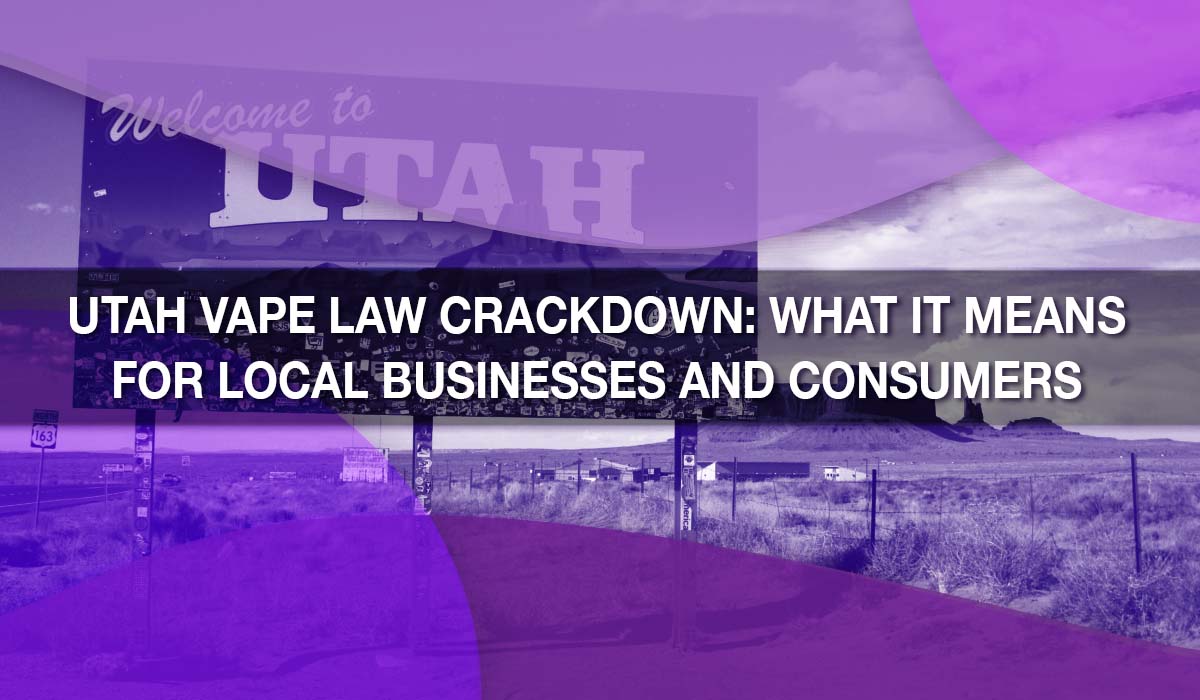
Utah Vape Law Crackdown: What It Means for Local Businesses and Consumers
The Utah vape industry faces a major setback as a federal judge denied a motion to block enforcement of the state’s restrictive new vaping law, Senate Bill 61 (SB 61).
This decision leaves vape shop owners in a precarious position, with limited options to sustain their businesses while legal battles continue.
Utah SB 61: A Blow to the Vape Industry
SB 61, passed in March 2024 and signed into law by Governor Spencer Cox, enforces some of the strictest vaping regulations in the country. The law includes:
-
A PMTA registry, requiring all vape products sold in the state to be listed with the Utah Department of Health and Human Services.
-
A flavor ban, restricting sales to only tobacco and menthol flavors.
-
A nicotine cap, prohibiting e-liquids with a nicotine strength above 4% (40 mg/mL).
Originally set to take effect on October 1, 2024, enforcement of these regulations was slated to begin January 1, 2025. The Utah Vapor Business Association (UVBA) filed a lawsuit in December 2024 to challenge the law’s constitutionality, arguing that it unfairly restricts business operations and consumer choice.
Legal Challenges and Industry Uncertainty
While a temporary restraining order had paused enforcement, Judge David Barlow’s latest ruling denies a further injunction, meaning vape shops must now comply with SB 61 while the case moves through the courts. The ruling does, however, block part of the state’s proposed inspection program.
For vape shop owners, this decision is devastating. Since Utah already banned online vape sales in 2016, brick-and-mortar specialty vape retailers have been the primary sources for e-liquids and refillable devices. With flavored products now outlawed, many businesses face an uncertain future.
What’s Next for Utah Vape Shops?
The UVBA had backed a legislative alternative—House Bill 432—which aimed to allow flavored vape products in licensed specialty stores. However, the bill failed in a 47-22 vote on March 4, 2025. This defeat leaves vape businesses with few immediate options.
With sales revenue drying up and no guarantee of a favorable legal ruling, vape shop owners are now left to decide whether they can hold on until 2026. For many, survival is uncertain.
A Larger Battle for the Vaping Industry
Utah’s crackdown is part of a broader national trend where states impose stringent vaping regulations, often benefiting Big Tobacco while squeezing out independent businesses. With federal regulations still murky and state-level restrictions tightening, the future of the vaping industry remains on shaky ground.
As the legal battle unfolds, vape advocates and business owners will need to strategize for the long term—whether that means fighting for legislative change, pursuing further legal action, or adapting to an increasingly restrictive marketplace.


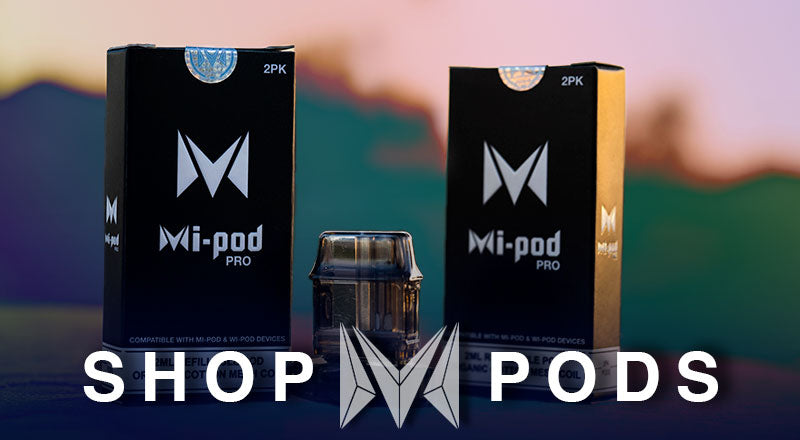
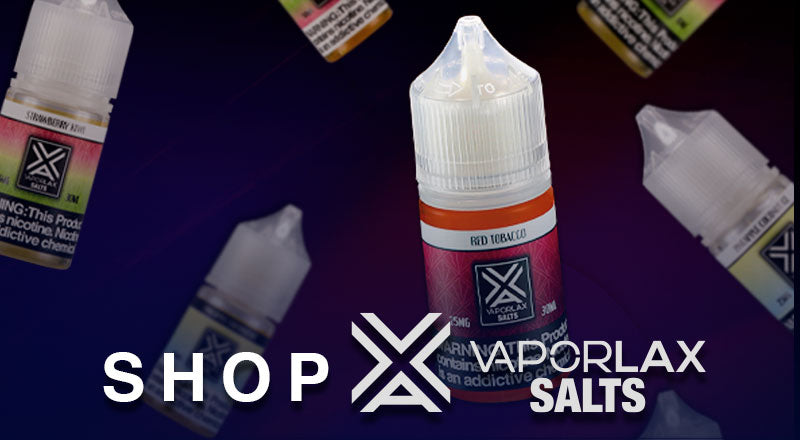
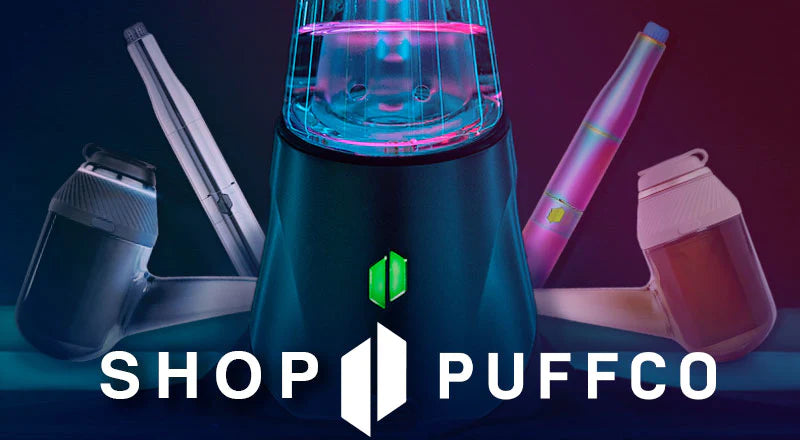
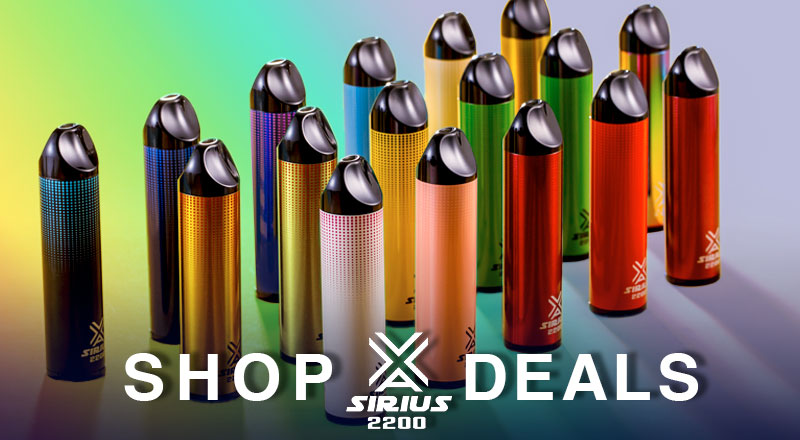

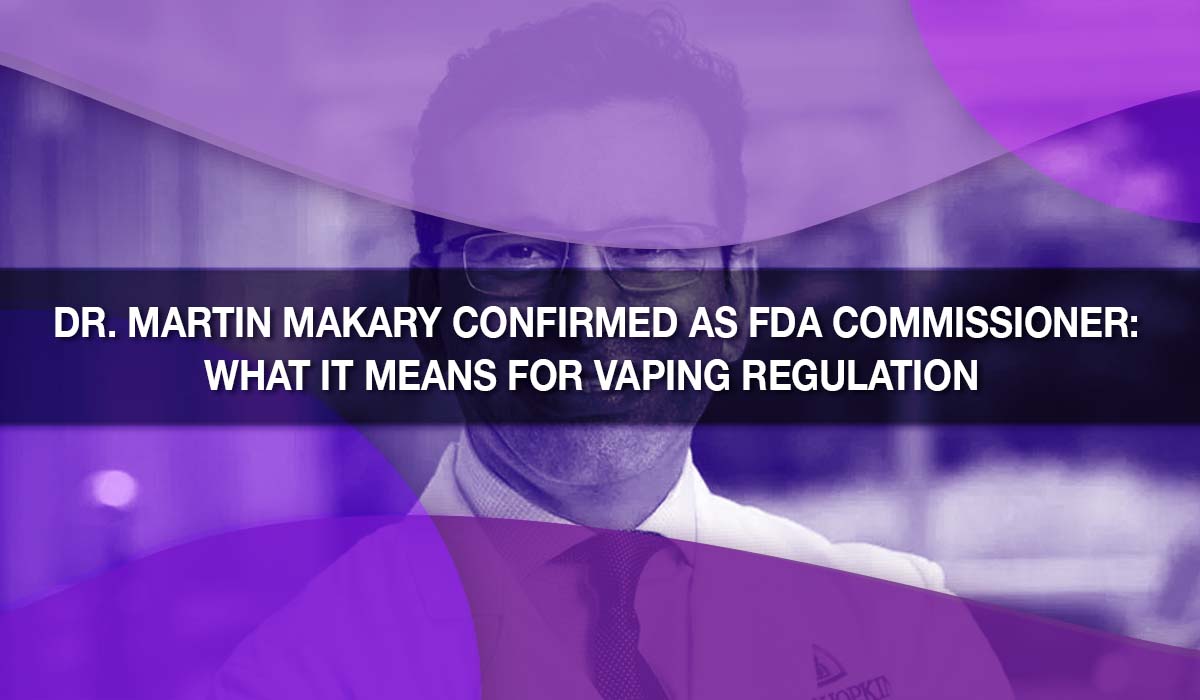

Leave a comment
This site is protected by hCaptcha and the hCaptcha Privacy Policy and Terms of Service apply.